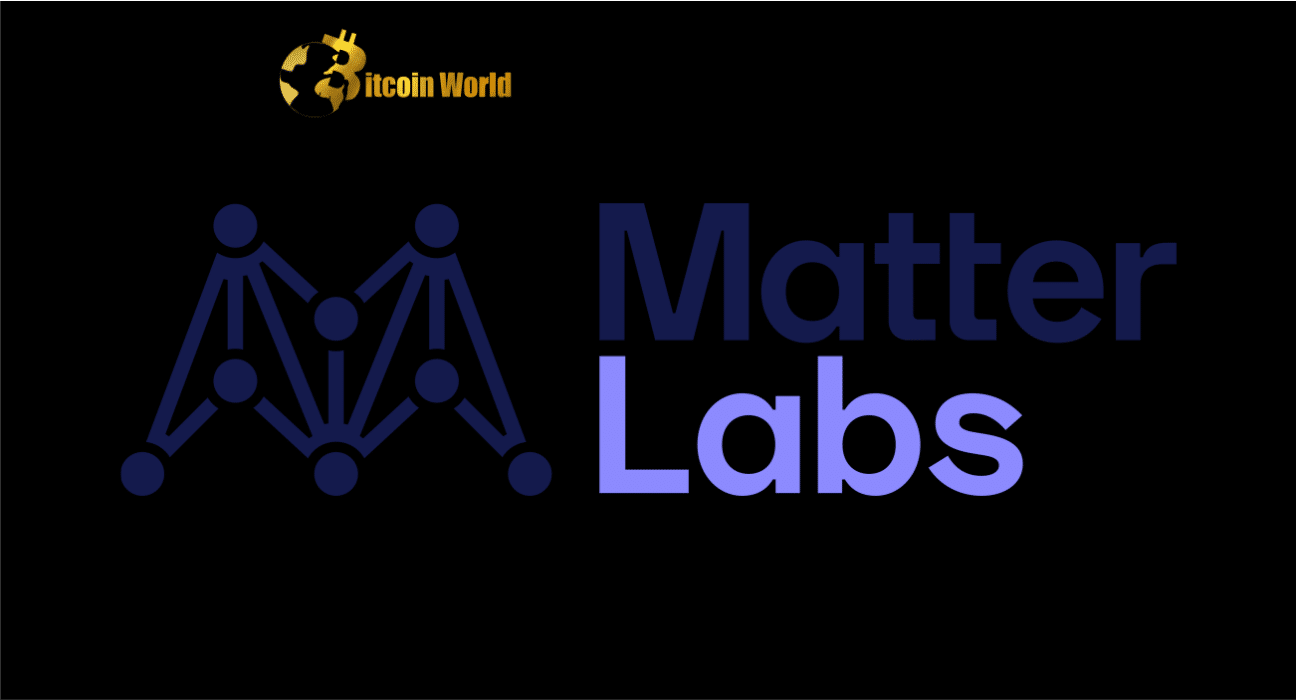Several notable crypto projects are already live on zkSync Era, including, Argent, a DeFi and Ethereum wallet, Frax, a fractional algorithmic stablecoin, and oracle network Pyth.
Ethereum projects such as decentralized exchange Uniswap, DEX aggregator 1inch, and self-custodial wallet MetaMask have all registered interest in the project. Presently, users can bridge funds from Ethereum by connecting to a self-custodial wallet like Metamask.
Developers familiar with Ethereum’s Solidity, Vyper, and Yul programming languages can compile code for zkSync Era using LLVM, a compiler developed by the LLVM developer group. Compilers convert the human-readable smart contract language into instructions the blockchain can understand.
Matter Labs will delay withdrawals on the alpha version of the zkEVM and run security audits. When the system is mature, a Security Council will be appointed to perform emergency upgrades.
Accordingly, Matter Labs advises users not to risk significant funds on the Alpha network. There is currently $5.42 million in total-value-locked on zkSync Era.
The company launched a fair onboarding Alpha on Feb. 17, 2023, to allow decentralized application developers to optimize their smart contracts and check the network’s security.
Zero-knowledge rollups are a type of scaling solution designed to improve Ethereum’s transaction throughput and reduce transaction fees. The difference between zero-knowledge rollups and other optimistic rollups like Arbitrum and Optimism is how batches of transactions get finalized.
In most cases, rollups ease congestion on the main blockchain by performing heavy computations on batches of transactions and sending a reduced amount of data based on the result of those computations back to the main chain.
Zero-knowledge rollups generate cryptographic proofs that transaction batches are valid. They send these proofs to the main Ethereum chain, where the batch becomes final. Zk-rollup node operators change the state of a rollup by submitting validity proofs to a special roll-up smart contract on the main Ethereum network.
ZkSync Era uses a special type of zero-knowledge proof called SNARK, an abbreviation for succinct non-interactive argument of knowledge. Zero-knowledge rollups require expensive hardware to run a sequencer that orders transactions in a batch. However, The cryptographic prover can also use expensive hardware like a Graphics Processing Unit, a Field-Programmable Gate Array, or expensive cloud storage that can compromise a rollup’s decentralization merits.
Ethereum sidechain Polygon Labs’ upcoming zero-knowledge Ethereum Virtual Machine uses a 64-core server to validate 500,000 units of gas. Gas is paid based on the computational power a transaction needs in the blockchain’s current state.
On the other hand, ConsenSys, the creator of MetaMask, offers users a lattice-based software prover based on internal libraries. Matter Labs plans to create a prover with lower hardware requirements later this year.














